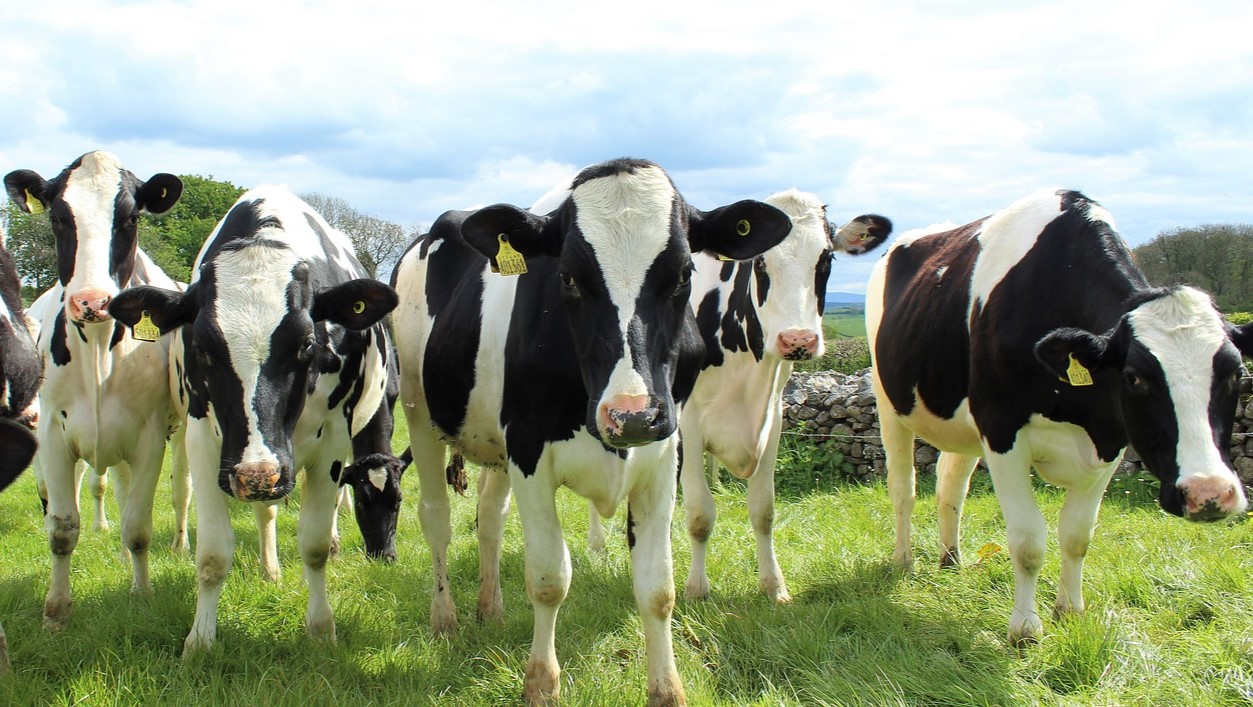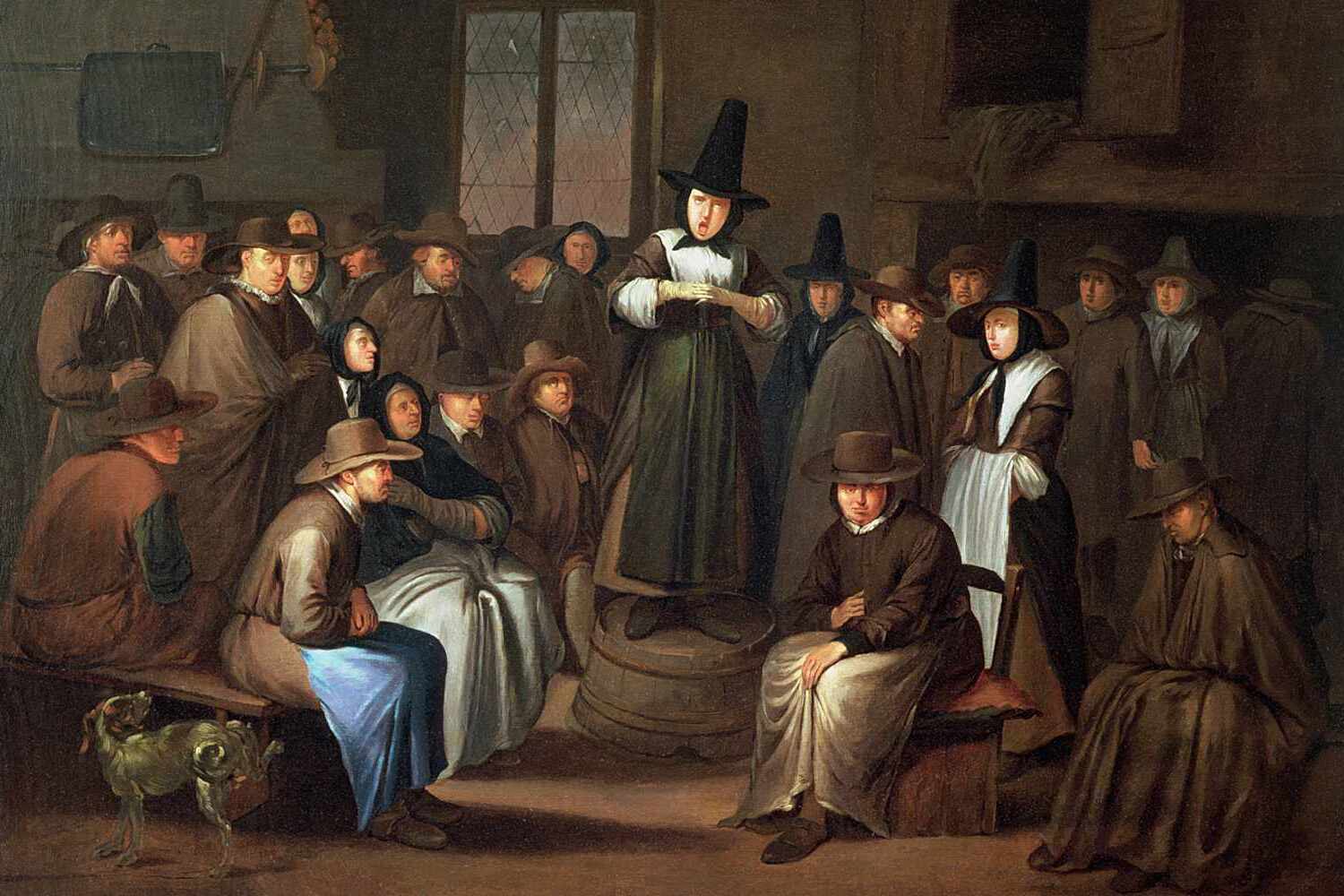
Ever wondered what goes on behind the scenes at a dairy farm? These bustling hubs of activity are more than just places where cows graze. Dairy farms play a crucial role in providing the milk, cheese, and yogurt we enjoy daily. But how much do you really know about them? From the care of the cows to the technology used in milking, there's a lot to uncover. Did you know that some farms use robotic milkers? Or that cows have best friends? Dairy farming combines tradition with innovation, ensuring we get fresh, nutritious products. Ready to learn more? Let's dive into 26 amazing facts about dairy farms!
Dairy Farms: A World of Their Own
Dairy farms are fascinating places where cows, technology, and hard work come together to produce the milk we drink every day. Here are some incredible facts about dairy farms that will surprise you.
-
Cows Have Best Friends
Cows form strong bonds with certain other cows. They get stressed when separated from their best friends. -
Cows Produce More Milk When Listening to Music
Studies show that cows produce more milk when they listen to soothing music. Classical tunes seem to be their favorite. -
A Cow's Diet Includes Over 100 Pounds of Food Daily
Each cow eats more than 100 pounds of food and drinks about 50 gallons of water every day.
The Science Behind Milk Production
Milk production is a complex process that involves more than just milking cows. It requires careful management and advanced technology.
-
Cows Are Milked Two to Three Times a Day
Most dairy cows are milked two to three times daily to ensure they stay healthy and produce high-quality milk. -
Robotic Milkers Are Becoming Common
Robotic milking systems are increasingly used on dairy farms. These machines can milk cows without human intervention. -
Cows Produce About 6-7 Gallons of Milk Per Day
On average, a dairy cow produces 6-7 gallons of milk each day. That's enough to fill over 100 glasses!
The Life of a Dairy Cow
Dairy cows have a unique lifestyle that revolves around eating, resting, and producing milk.
-
Cows Spend About 8 Hours Eating Each Day
Cows spend around 8 hours a day eating, 8 hours resting, and the remaining time being milked or moving around. -
Cows Have a Four-Chambered Stomach
A cow's stomach has four chambers, which helps them digest tough plant materials like grass and hay. -
Cows Chew Their Cud for Up to 8 Hours Daily
Cows regurgitate and re-chew their food, known as cud, for up to 8 hours each day to aid digestion.
The Impact of Dairy Farms on the Environment
Dairy farms have both positive and negative impacts on the environment. Farmers are continually working to make their practices more sustainable.
-
Dairy Farms Use Manure as Fertilizer
Manure from dairy cows is often used as a natural fertilizer, helping to grow crops and reduce waste. -
Water Recycling Is Common on Dairy Farms
Many dairy farms recycle water used in the milking process to reduce waste and conserve resources. -
Dairy Farms Are Reducing Their Carbon Footprint
Advancements in technology and farming practices are helping dairy farms lower their carbon footprint.
Fun Facts About Dairy Products
Dairy farms produce a variety of products beyond just milk. These products are staples in many diets around the world.
-
It Takes About 10 Pounds of Milk to Make One Pound of Cheese
Cheese production is a significant part of dairy farming, requiring large amounts of milk. -
Butter Was Once Used as Currency
In ancient times, butter was so valuable that it was used as a form of currency in some cultures. -
Ice Cream Dates Back to the Roman Empire
The concept of ice cream has been around since the Roman Empire, where snow was mixed with honey and fruit.
The History of Dairy Farming
Dairy farming has a rich history that dates back thousands of years. It has evolved significantly over time.
-
Dairy Farming Began Over 8,000 Years Ago
The practice of dairy farming started over 8,000 years ago in the Middle East. -
The First Milk Bottles Were Introduced in 1879
Milk bottles were first introduced in 1879, revolutionizing the way milk was distributed and consumed. -
Pasteurization Was Invented in the 19th Century
Louis Pasteur developed the process of pasteurization in the 19th century to make milk safer to drink.
The Role of Dairy Farmers
Dairy farmers play a crucial role in ensuring the health and well-being of their cows while producing high-quality milk.
-
Dairy Farmers Work Long Hours
Dairy farming is a demanding job, with farmers often working long hours, including early mornings and late nights. -
Farmers Monitor Cow Health Closely
Farmers use various tools and techniques to monitor the health of their cows, ensuring they remain healthy and productive. -
Dairy Farming Is a Family Tradition
Many dairy farms are family-owned and have been passed down through generations.
The Future of Dairy Farming
The future of dairy farming looks promising, with new technologies and practices continually being developed.
-
Precision Farming Is on the Rise
Precision farming uses technology to monitor and manage farm operations more efficiently. -
Sustainable Practices Are Increasing
Sustainable farming practices are becoming more common, helping to protect the environment and ensure the future of dairy farming. -
Genetic Selection Improves Cow Health
Genetic selection is used to breed healthier cows that produce more milk and are more resistant to diseases.
Surprising Dairy Farm Facts
Some facts about dairy farms are just plain surprising and fun to know.
-
Cows Have Unique Patterns
Each cow has a unique pattern of spots, much like human fingerprints. -
Cows Can See Almost 360 Degrees
Cows have excellent peripheral vision, allowing them to see nearly 360 degrees around them.
The Final Scoop on Dairy Farms
Dairy farms are more than just places where milk is produced. They’re hubs of innovation, sustainability, and animal care. From the surprising fact that cows have best friends to the impressive amount of milk a single cow can produce in a year, these farms play a crucial role in our daily lives. Farmers use advanced technology to ensure cows are healthy and happy, which in turn leads to better quality milk. Plus, dairy farms contribute significantly to local economies, providing jobs and supporting communities. Next time you enjoy a glass of milk or a slice of cheese, remember the fascinating world behind it. Dairy farming is a blend of tradition and modern science, making it a vital part of our food system. So, here’s to the hardworking farmers and their incredible cows!
Was this page helpful?
Our commitment to delivering trustworthy and engaging content is at the heart of what we do. Each fact on our site is contributed by real users like you, bringing a wealth of diverse insights and information. To ensure the highest standards of accuracy and reliability, our dedicated editors meticulously review each submission. This process guarantees that the facts we share are not only fascinating but also credible. Trust in our commitment to quality and authenticity as you explore and learn with us.


